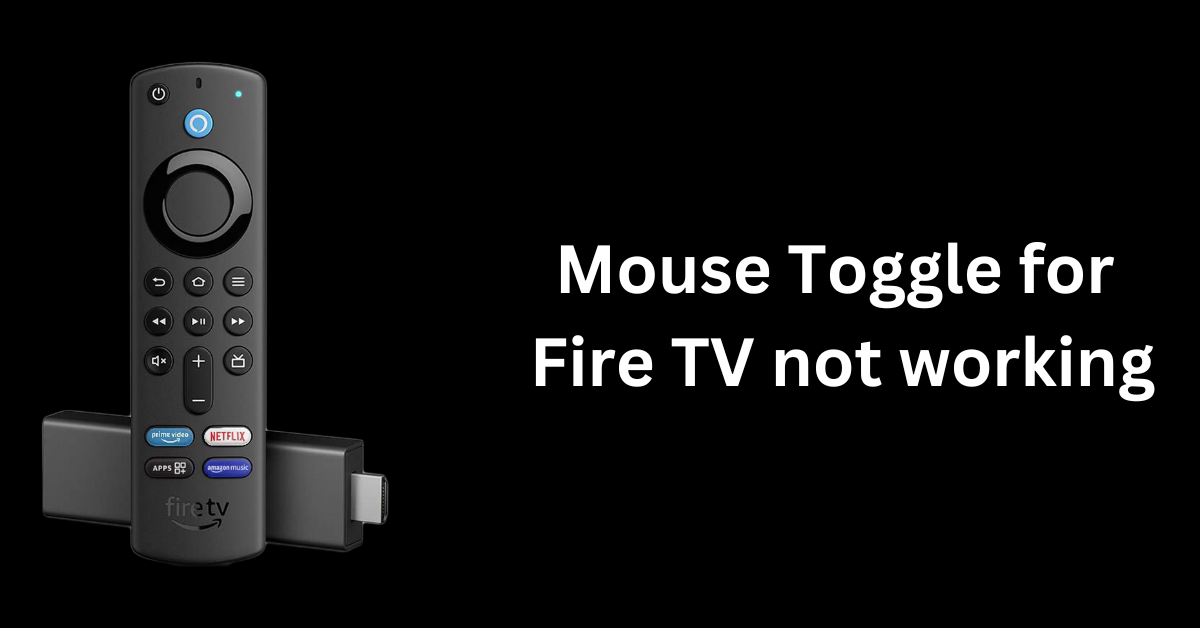IPTV What Does It Mean?
IPTV, or Internet Protocol television, is a digital form of television using the internet as the medium of transmission. Unlike traditional cable networks that send TV signals through coaxial cables, IPTV streams video, audio, and other media files through an internet connection.
In simpler terms, IPTV uses the same technology as video streaming services like Netflix and Amazon Prime to offer television channels and on-demand content over the internet. To enjoy IPTV services, you need a smart TV, a set-top box, or a device that supports IPTV apps.
How Does IPTV Work?
IPTV works by delivering the TV signals through internet protocol. The process starts when a user connects to an IPTV service provider’s server, which then broadcasts the TV channels over the internet to the user’s device. The device could be a smart TV, an IPTV set-top box, or a mobile phone or tablet with an IPTV app installed.
Once the user selects a channel, the IPTV service provider’s server sends the requested media files as data packets to the user’s device. The device then decodes the data packets into video and audio streams, which the user can watch in real-time.
Another advantage of IPTV is that it allows for on-demand content and time-shifted TV. IPTV service providers can store TV shows, movies, and other videos in a cloud-based storage system, allowing users to watch them at their convenience. In addition, IPTV offers features such as pause, rewind, and fast forward, giving users more control over the TV viewing experience.
What Are the Benefits of IPTV?
One of the biggest advantages of IPTV is its flexibility. Unlike traditional cable networks that offer a limited number of channels, IPTV services can offer hundreds or even thousands of channels from all over the world. This means that users can access TV channels from different countries and regions, making it ideal for people who like to watch international content.
IPTV also offers excellent picture and sound quality, especially when compared to traditional cable TV. This is because IPTV services use high compression techniques that deliver high-quality video and audio streams, even when the internet speed is low. This makes IPTV accessible to people living in areas with poor internet connectivity.
Another benefit of IPTV is its affordability. It is generally cheaper than traditional cable TV, and there are no hidden fees or long-term contracts. IPTV providers also offer packages that suit individual needs and preferences, allowing users to choose the channels they want and pay only for what they watch.
Conclusion
In conclusion, IPTV is a modern way of watching television that uses the internet as the medium of transmission. It offers flexibility, affordability, and excellent picture and sound quality, making it an ideal choice for people who want to access a wide range of TV channels from different countries and regions. With the rise of IPTV services, traditional cable TV networks may soon become a thing of the past.
Get your subscription today: best-iptv-uk.co.uk
Get your subscription today: iptv-subscription.pro












